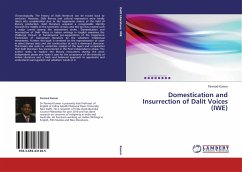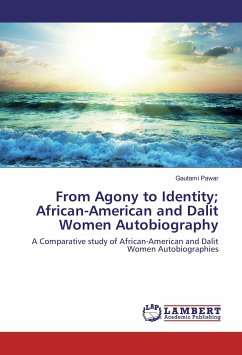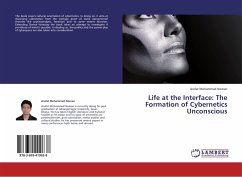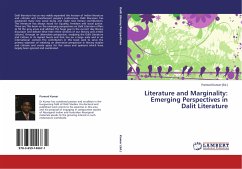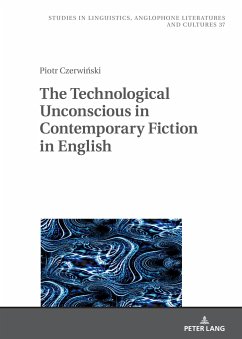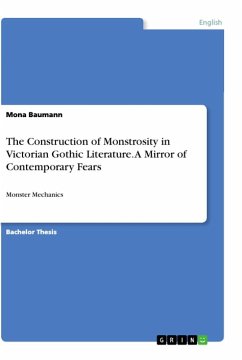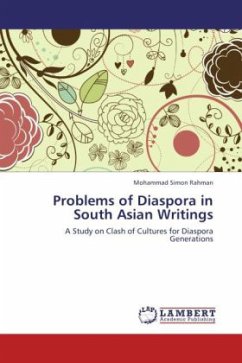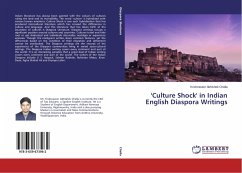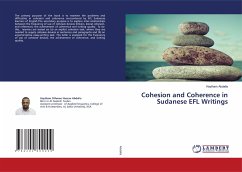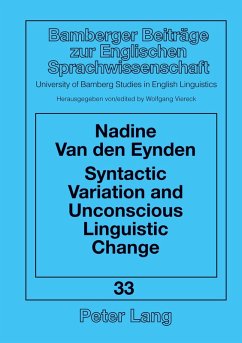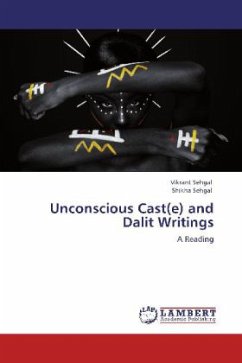
Unconscious Cast(e) and Dalit Writings
A Reading
Versandkostenfrei!
Versandfertig in 6-10 Tagen
39,99 €
inkl. MwSt.

PAYBACK Punkte
20 °P sammeln!
Dalit literature also resists literary conventions and language rigidities and tries to create its own poetics against the set politics of the classical literature of the upper castes. The reality of dalit literature is distinct so is the language of this reality. It uses the uncouth, impolite spoken language, the dialect that is specific to dalits of a region, wherever possible and emphasizes the faithful reflection of the heartrending dalit experience in terms as simple as possible. There are correspondingly two parts to the book the first offers an account of Dalit writing s academic and in...
Dalit literature also resists literary conventions and language rigidities and tries to create its own poetics against the set politics of the classical literature of the upper castes. The reality of dalit literature is distinct so is the language of this reality. It uses the uncouth, impolite spoken language, the dialect that is specific to dalits of a region, wherever possible and emphasizes the faithful reflection of the heartrending dalit experience in terms as simple as possible. There are correspondingly two parts to the book the first offers an account of Dalit writing s academic and intellectual background, and the second elaborates the themes and issues which have most engaged the attention of Dalit writings. In the main, the intellectual history of Dalit literature is marked by dialectic between Indian Writing in English, on the one hand, and their exposures in dalit narratives, on the other. So, too, this theoretical contestation informs the academic content of Dalit analysis, manifesting itself in an ongoing debate between the competing claims of nationalism and internationalism, strategic essentialism and hybridity, solidarity and dispersal.



